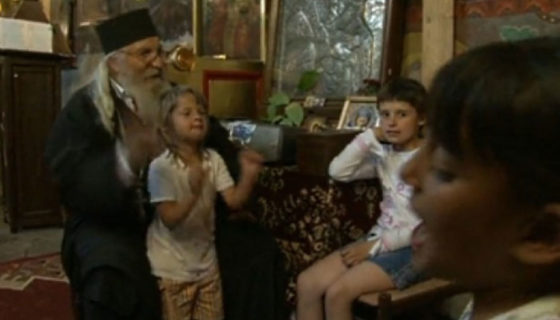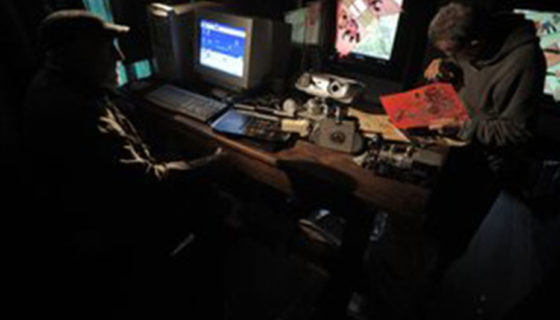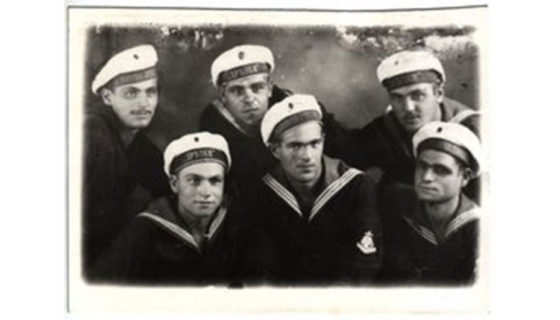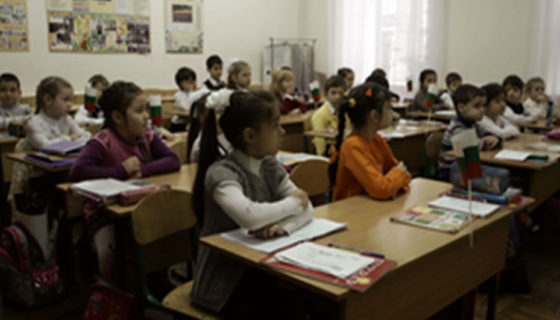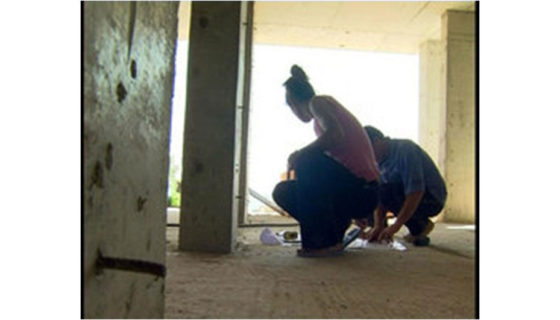Documentary films
- In 1933 Eugeniu Botez, an engineer by profession and a commandant of the harbour of Sulina, wrote a novel, under the pen-name of Jean Bart. A year later he died. In this strange novel about brave sailors, black dancers and insidious seducers, Jean Bart foretells that some day nothing will be left of the once bustling city. With the death of Europolis Europe was supposed to start slowly dying in agony. A few years later his prophecy came true...
- Three decades ago he was a State Security officer. Then quitted and took the vows. To the communists, this was treason. They sentenced him to five years in prison. There he pledged to God to build an orphanage. Now without any support from the government or any institution whatever, he takes care of 130 people, mostly children, single mothers and stranded people.
- A documentary about Ferdinand of Bulgaria – a cosmopolitan of birth, who used the national idea of the Bulgarians to cater to his own vanity.
- The rich and eventful biography of a great Bulgarian Georgi Rakovski, his deeds rank his name in the same line with those of Giuseppe Garibaldi and Lajos Kossuth. Without unnecessary modesty and any inferiority complexes this film tells of his life in an entertaining and convincing manner.
- His films and the long period of time, in which any filmmaker works, provoke his reflections, visions and analyses of the current spiritual values of the nation. “I often dream episodes and fragments of my films. They arise unexpectedly and in different versions. Various close-ups and strange viewpoints – some characters are replaced with figures borrowed from my own life. Other stories unfold straight in the present. I make an effort to put them down on paper. So, in the course of time, this project was also born...,” said Nikola Korabov.
- A man, Nikola Vaptsarov was sentenced to death on 23 July 1942 by a field court marshal of the then Bulgarian puppet government. Surprisingly enough, the then Communist leaders in charge of Vaptsarov’s activities and tried by the same court, got off with lighter sentences and in the wake of the upheaval of 1944 stood at the helm of this country. A decade later, the world got to know that the man executed in the hot summer of 1942 was the greatest of all the Bulgarian poets born in the twentieth century. And his nearest and dearest took to cashing in on his popularity.
- Odessa, along with Bucharest and Giurgiu, was one of the most important cities to the Bulgarian immigrants in the days of Bulgaria’s National Revival. Starting from many stories and traces left by our countrymen in this city, the film reveals exciting views, mentalities and especially the deep patriotism of a young generation of ethnic Bulgarians, who accept their ancestral homeland as their own.
- The documentary tells the story of the builders of contemporary Bulgaria. These people are ordinary Bulgarians, ethnic Turks and Gypsies with scrubby chins, brimming with expectations, toil-worn, and ground down by poverty; men and women of different ethnic groups, ages and social backgrounds, assigned to work at the Black Sea coast for more than nine months per year. Life has brought them together at random or so it seems. The film follows these people during their days at the construction works, their evenings in the pubs and their short vacations at home.


